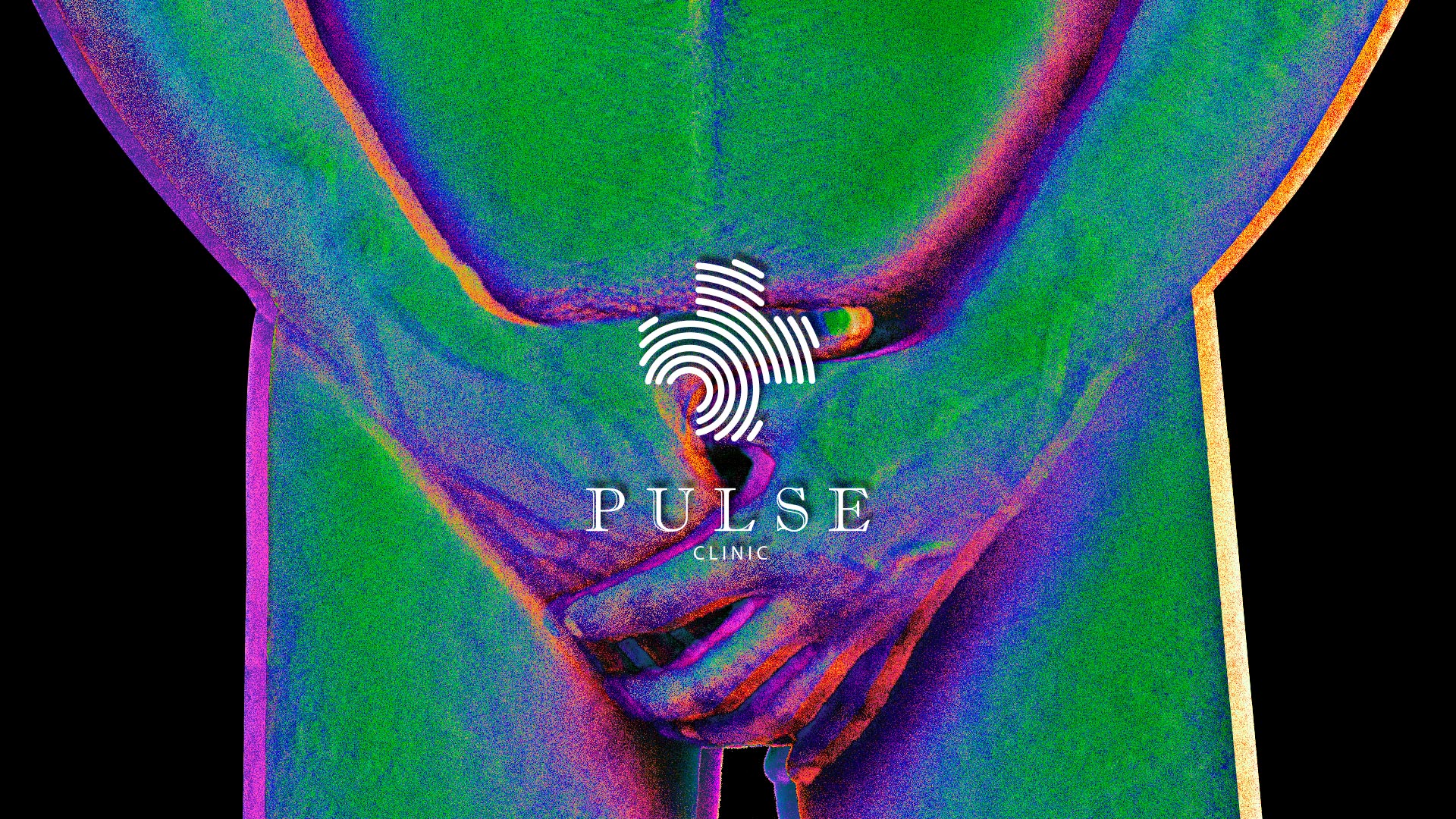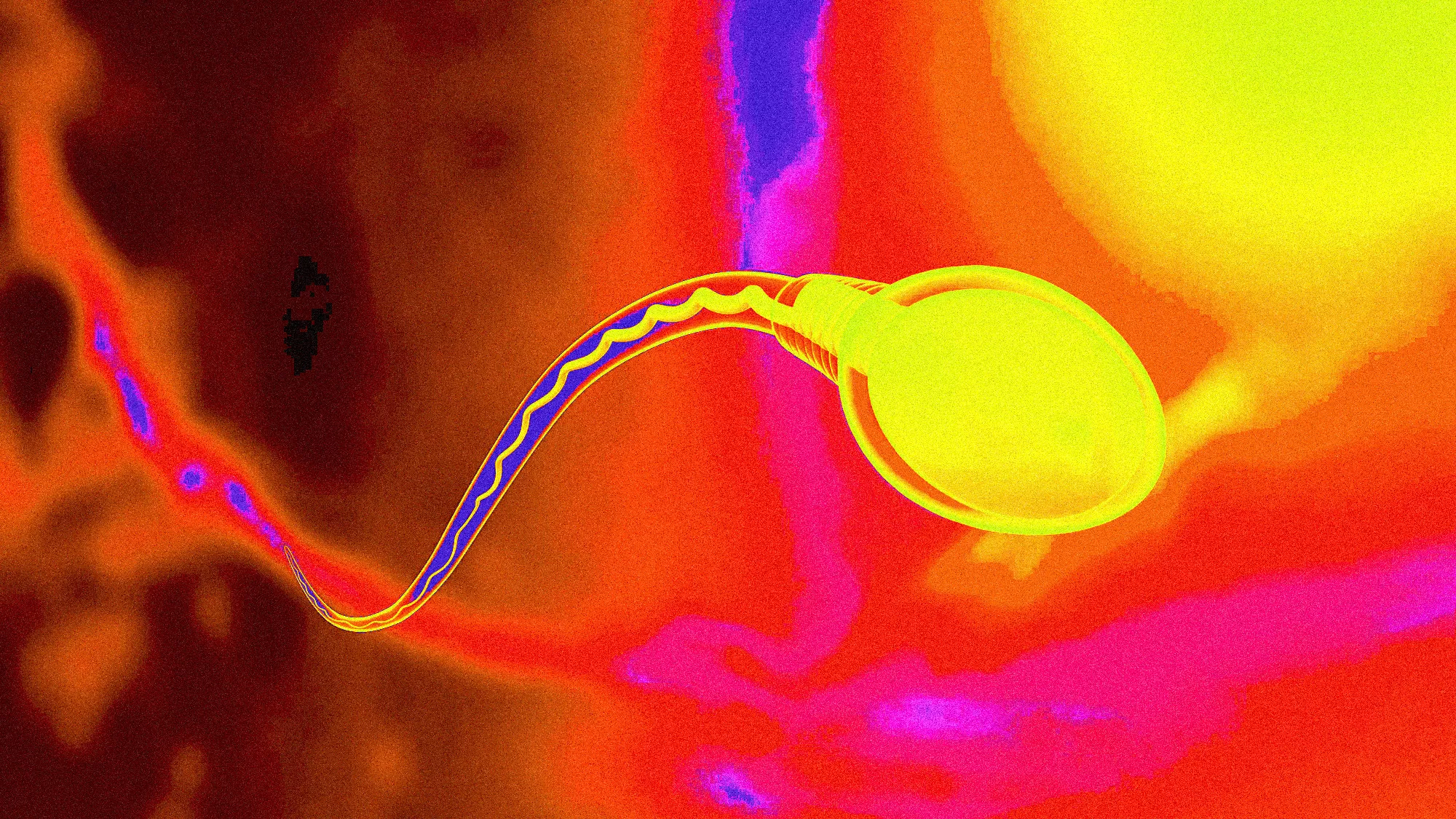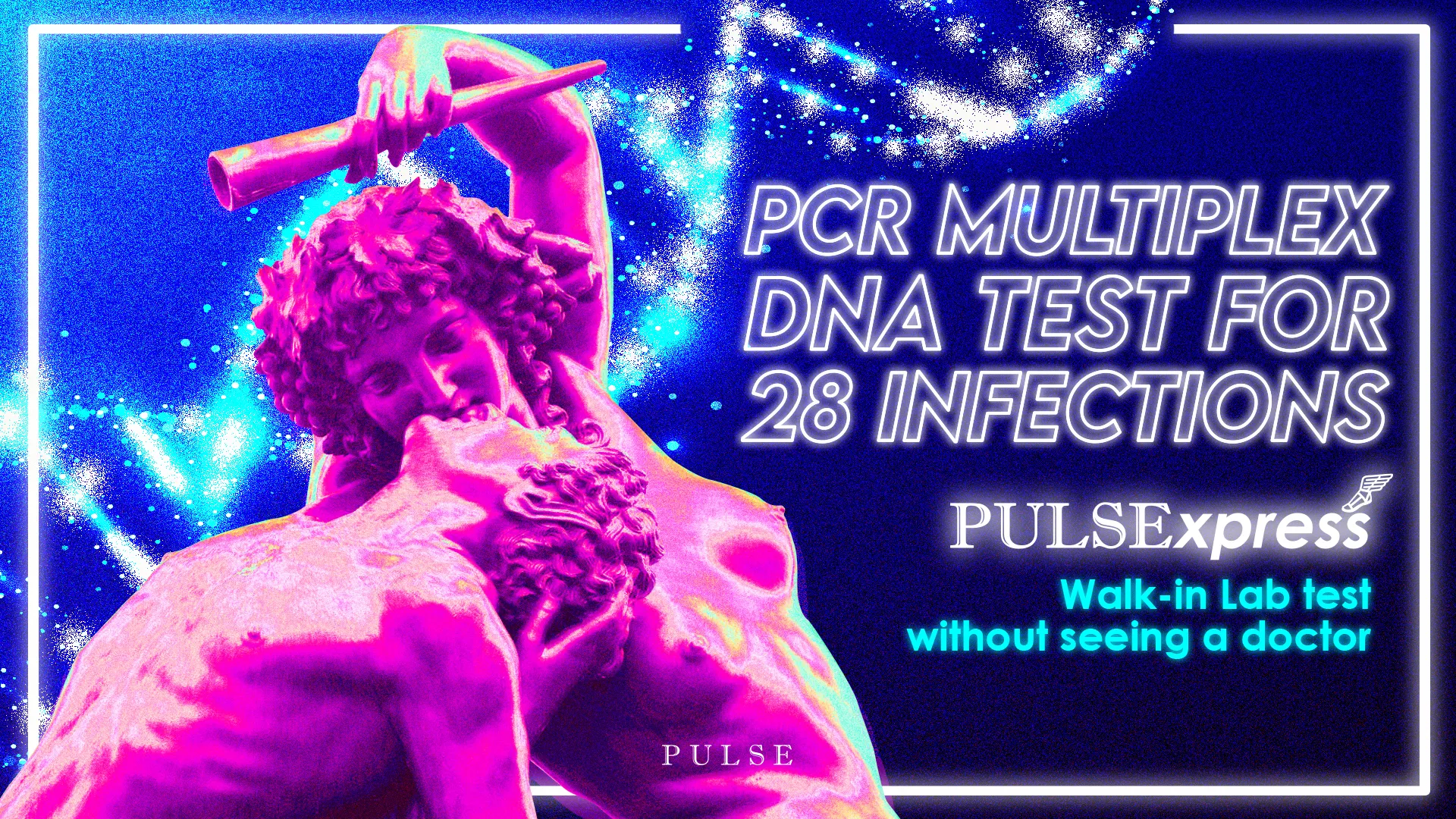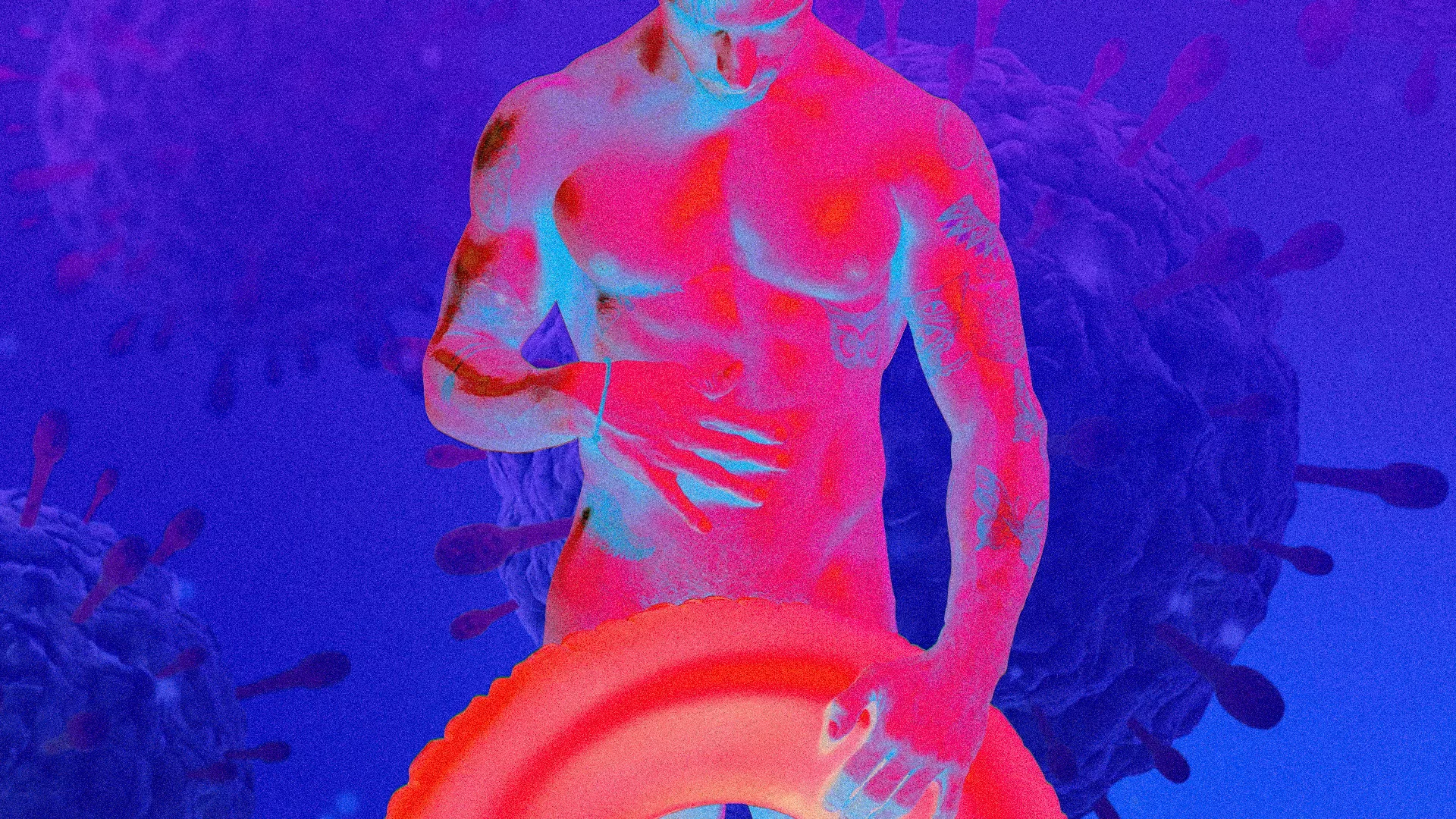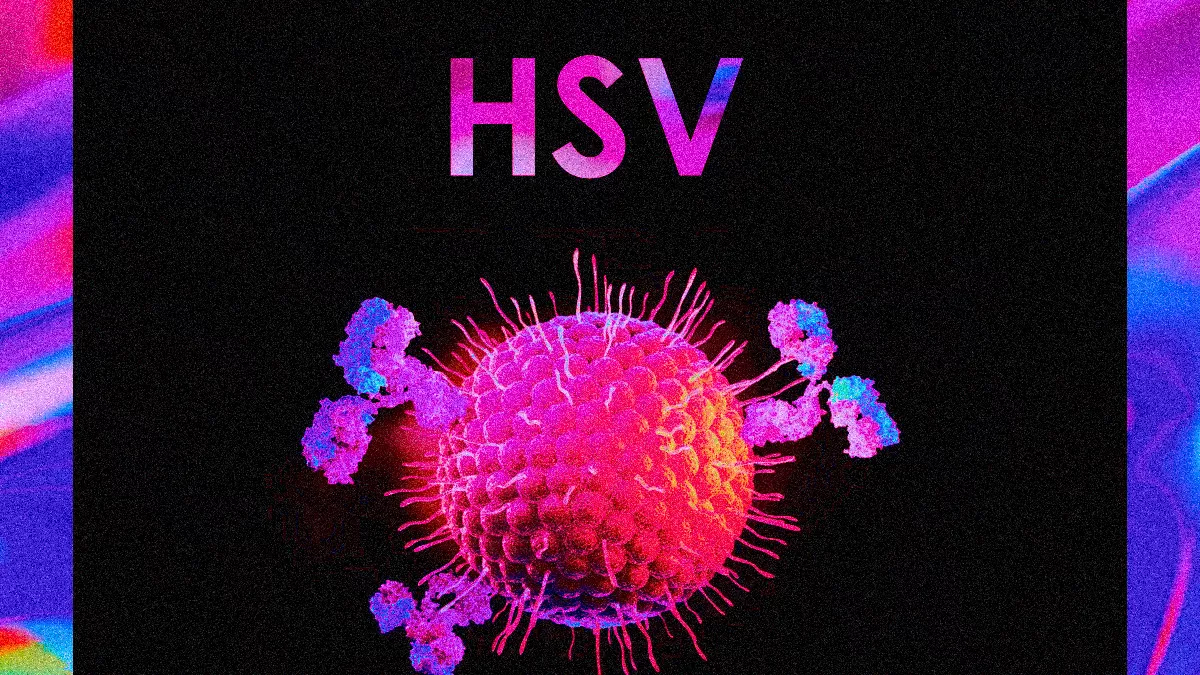Herpes: Symptoms, Causes, and Treatment
5676
Herpes is categorized into two types: HSV-1 and HSV-2. Learn its symptoms, causes, and treatments in this article.
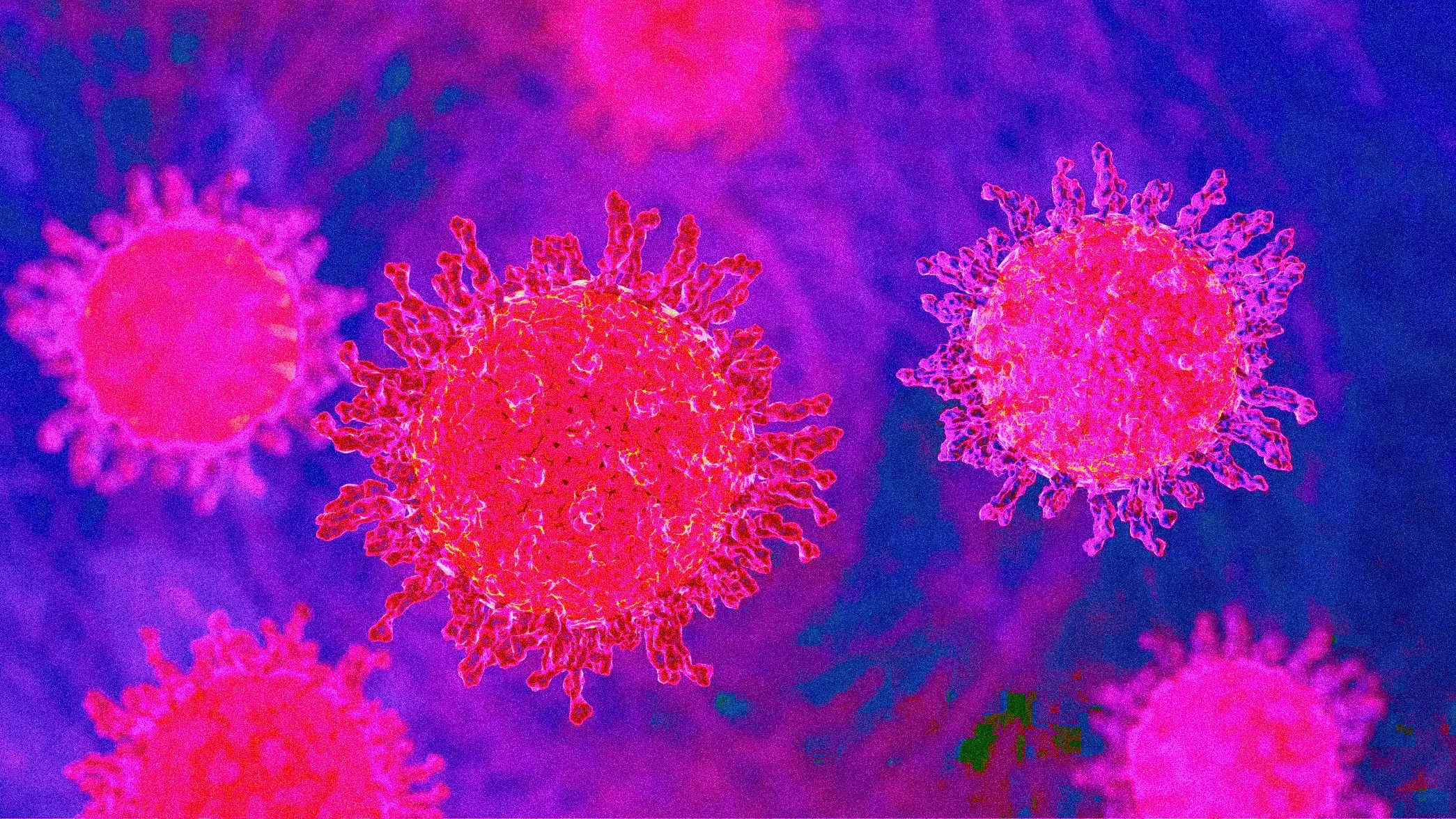
What is Herpes Simplex Virus?
Herpes simplex virus, mostly referred to as herpes, is categorized into two types: herpes simplex virus type 1 (HSV-1) and herpes simplex virus type 2 (HSV-2).
HSV-1 is an infection mainly acquired from oral-to-oral contact, causing viral infection within and all over the mouth. It can be transmitted through oral-genital exposure, which also leads to the infection of the genital area. HSV-2 is a genital herpes infection in the genital or anal area, and it can be contracted through sexual intercourse where there is genital-to-genital contact.
Although both oral and genital herpes can be asymptomatic and not easily recognized, having herpes can show mild to severe painful blisters and sores around the infected area.
Herpes simplex virus type 1 (HSV-1)
The majority of HSV-1 oral herpes is acquired from childhood, and it could lead to a lifetime infection. HSV-1 oral infection also called orolabial, oral-labial, or oral-facial herpes is a highly contagious infection that is endemic in the whole world.
Symptoms of HSV-1
Most people who are infected with HSV-1 are unaware that they have already contracted the infection. Oral herpes cases are mostly asymptomatic and unrecognized. An indication of oral herpes includes sores inside or around the mouth, painful blisters, and cold sores. Before the appearance of the sores, the infected person may experience an itching or burning sensation around the lips and a tingling feeling in the infected area. It is then followed by the periodic and frequent recurrence of blisters or ulcers. These symptoms are on a case-to-case basis and may be different for each individual.
Just like oral herpes, symptoms of genital herpes from HSV-1 have mild, unrecognized symptoms, or it can be asymptomatic as well. Genital herpes shows one or more blisters in the genital or anal area. An infected person may exhibit severe recurrence of painful blisters around the genitals however, genital herpes from HSV-1 normally does not appear frequently compared to the persistent recurrence of HSV-2 genital herpes.
How Do People Get HSV-1?
HSV-1 that causes oral herpes infection can be spread by an oral-to-oral contact transmission and the virus is present in saliva, existing sores, and from the oral cavity. Meanwhile, genital herpes from HSV-1 is only transmitted when a person has direct oral-genital contact. This infection has a greater risk of transmission when oral or skin surfaces have had contact with active sores from an already infected individual.
Persons who are already infected with HSV-1 oral herpes are likely to contract HSV-1 in the genital area.
HSV-1 can be passed on from a mother infected with genital HSV-1 infection to a newlyborn infant, causing neonatal herpes for the child but this kind of transmission is rare.
Cure or Treatment for HSV-1
People with HSV-1 infection can take antiviral medication, however, these medications can only reduce the severity and frequent recurrence of symptoms but cannot fully cure the infection.
What are the Complications of HSV-1?
People with a low immune system or immunocompromised individuals including those who are infected with HIV can experience more frequent recurrences and may have more severe signs and symptoms. In some cases, HSV-1 infection may also lead to further serious complications like keratitis or eye infection and encephalitis or brain infection.
Oral herpes can trigger some psychological distress and create social stigma towards the disease and the person infected and these inconvenient effects can affect one’s self-confidence. For those who are suffering from genital herpes, it can seriously impact the infected person’s sexual relationship and personal life.
How can HSV-1 be Prevented?
Prevention is better than cure that is why people with active symptoms of oral herpes must not engage in any oral contact with other people as well as share personal properties that have contact with saliva. Individuals with herpes must also abstain from having sexual intercourse to avoid passing the infection to others. HSV-1 oral herpes with obvious symptoms is highly contagious however, it can still be transmitted even without any clear signs or symptoms.
Individuals who have already been infected by HSV-1 oral infection cannot contract the same infection again, however, they can still acquire HSV-2 genital infection if they have contact with an HSV-2 infected person.
Contact us at info.bkk@pulse-clinic.com or chat on your preferred platform:
![]() +66 65 237 1936
+66 65 237 1936  @PULSEClinic
@PULSEClinic ![]() PulseClinic
PulseClinic
Herpes Simplex Virus Type 2 (HSV-2)
HSV-2-causing genital herpes is an infection that is almost exclusively transmitted through having sexual intercourse. This sexually transmitted disease is the main cause of genital herpes which can also be acquired from HSV-1 or herpes simplex virus infection. HSV-2 infection is lifelong and cannot be cured.
Window Period of Herpes
Duration:
- The window period for herpes can vary based on the type of herpes (HSV-1 or HSV-2) and the individual.
- Symptoms typically appear 2 to 12 days after exposure, with an average of 4 days for many individuals.
Early Symptoms:
- Early symptoms of herpes may include:
- Painful blisters or sores in the genital or oral area (depending on the type of virus)
- Itching or tingling sensations in the affected area
- Flu-like symptoms, such as fever and swollen lymph nodes
- Some individuals may experience asymptomatic cases, meaning they do not show visible symptoms but can still transmit the virus to others.
What are the Symptoms?
Genital herpes infections could exhibit mild symptoms that could be unrecognized or in some cases, it shows no symptoms at all resulting in some infected people being unaware that they have the infection. Mild symptoms could be characterized by one or more blisters, or open sores called ulcers in the genital or anal part of the body. Some of the other signs that may occur when an individual is infected with genital herpes are swollen lymph nodes, fever, and body pains.
After the first outbreak of genital herpes infection with HSV-2, some symptoms commonly reappear but recurrence could be less severe. The frequency of outbreaks can occur for several years, but it minimizes over time. Before the appearance of genital ulcers, people infected with HSV-2 may feel a shooting pain or tingling sensation in the hips, legs, and buttocks area of the body.
How do People Get HSV-2?
HSV-2 is a sexually transmitted disease; thus, it can be contracted through sex where there is contact with genital surfaces, skin, sores, or fluids from an infected person. In the absence of symptoms, a seemingly normal genital or anal area could also be infected and can be the source of HSV-2 genital herpes.
For mothers who are HSV-2 infected, neonatal herpes can be passed on during the delivery, causing the infant to acquire the disease as babies are more vulnerable to infection.
Cure and Treatment for HSV-2?
People with HSV-2 infection can take antiviral medication, however, these medications can only reduce the severity and frequent recurrence of symptoms but cannot fully cure the infection.
What are the Complications of HSV-2?
Serious complications may arise when a person is infected with HSV-2. The risk of acquiring HIV is extremely high for individuals with HSV-2 infection and they are more likely to transmit HIV disease to other people.
Although some people with herpes may learn to adjust to living their life with HSV-2, this infection could have a drastic effect on the person infected such as the social stigma and other psychological factors affecting their quality of life and relationships.
How can HSV-2 Be Prevented?
As HSV-2 is a highly contagious sexually transmitted disease, individuals with genital HSV-2 infection must abstain from engaging in any sexual activity. The transmission of infection is likely to happen during an outbreak of sores, but it can also be passed on even if no obvious symptoms are present.
Proper and consistent usage of condoms can greatly minimize the risk of contracting and spreading genital herpes. However, using condoms can only offer partial protection as HSV may be present in parts that are not covered by it. For males, medical circumcision is also a safekeeping method that gives longer-lasting protection from acquiring HSV-2 and other sexually transmitted diseases including human papillomavirus or HPV and HIV.
PCR Multiplex DNA Test for 28 Infections 




Our STD PCR Multiplex test offers advanced technology to detect up to 28 infections, including Gonorrhea, Chlamydia, Syphilis, Herpes Simplex, Trichomonas, and Candida strains, all in one test. It can identify infections in various anatomical areas, such as the throat, urethra, anorectal region, vagina, cervix, sperm, and skin lesions. For urethral infections, the Urine PCR is recommended, while the Throat Swab PCR is ideal after oral sex. Anal Swab PCR is advised for unprotected anal sex, and the Vaginal Swab PCR is recommended for vaginal sex, with staff guidance available for all tests.
| PCR for 28 Infections (STD Multiplex) | Online results | |||
| Same day** | Next day | 3 days | 7 days | |
| Throat | 14,000 THB | 11,600 THB | 10,480 THB | 9,200 THB |
| Urine | 14,000 THB | 11,600 THB | 10,480 THB | 9,200 THB |
| Anal Swab | 14,000 THB | 11,600 THB | 10,480 THB | 9,200 THB |
| Vaginal Swab | 14,000 THB | 11,600 THB | 10,480 THB | 9,200 THB |
| Cervical Swab | 14,000 THB | 11,600 THB | 10,480 THB | 9,200 THB |
| Sperm | 14,800 THB | 12,640 THB | 11,600 THB | 10,080 THB |
| Skin Lesion Swab | 14,000 THB | 11,600 THB | 10,480 THB | 9,200 THB |
| Pooling | 15,600 THB | 13,280 THB | 12,400 THB | 10,800 THB |
| PCR for 2 Infections (Gonorrhea/Chlamydia) | Same day | Next day | 3 days | 7 days |
| Throat | 5,690 THB | 4,990 THB | 3,990 THB | 3,300 THB |
| Urine | 5,690 THB | 4,990 THB | 3,990 THB | 3,300 THB |
| Vaginal and Cervical Swab | 5,690 THB | 4,990 THB | 3,990 THB | 3,300 THB |
| Rectal Swab | 5,690 THB | 4,990 THB | 3,990 THB | 3,300 THB |
| Sperm* | 6,200 THB | 5,150 THB | 4,100 THB | 3,690 THB |
| Skin lesion Swab | 5,690 THB | 4,990 THB | 3,990 THB | 3,300 THB |
Contact us at info.bkk@pulse-clinic.com or chat on your preferred platform:
Add us on Line and stay in touch.
Services for Herpes Simplex Virus at PULSE CLINICS
Diagnostic services
- HSV serotype
- HSV antibody
- HSV PCR
- Urine PCR 12 infections (herpes type I and II included)
Treatment and Prevention Services
- Valacyclovir refill (Buy online now click)
- Acyclovir refill (Buy online now click)
- Consultation with an experienced doctor (Book now)
PULSE Teleconsult: Connect with Doctors Anytime, Anywhere!
PULSE now offers PULSE Telemedicine & Teleconsult, enabling both new and existing patients to connect with doctors over 20 branches across 6 countries during clinic hours for non-emergency consultations. After the consultation, medications are delivered directly to the patient's doorstep.
3 Easy Steps to Get a Teleconsult with PULSE!
- Connect with us Either on WhatsApp, or Line App to Chat with us or call us to talk with our staff to request teleconsult.
- Verification & Consultation Our team will guide you through the verification process before your online consultation. Our doctors provide virtual consultations via available platforms, just like a traditional visit—only from the comfort of your home! Access care anywhere, anytime.
- Get Your Treatment From Home! If your doctor determines that medication is necessary, they will provide you with a medical certificate and prescription. Your medication can be delivered to your address through our online delivery service, or in some cases, you may choose to use the prescription at a local pharmacy. For certain conditions, further lab tests may be required, and the doctor may recommend scheduling an appointment at one of our clinics near you!
Test of Cure After Treatment with Our Teleconsult Services: Ensuring Complete Recovery
After completing treatment through our teleconsult services, your doctor may recommend a PCR test as a follow-up test of cure. This is to ensure the effectiveness of the treatment and that the prescribed medication has successfully eliminated the infection. We prioritize your health by confirming that no infection remains in your system, helping to prevent persistent or recurrent infections, complications, or the development of drug resistance. Typically, this test is performed around three weeks after your final day of treatment to ensure optimal results.
Teleconsult is now available for booking through our staff at PULSE Clinic. Our team will help guide you through the process to ensure your session with one of our doctors goes as smoothly as possible for you. Contact us at info.bkk@pulse-clinic.com or chat on your preferred platform:
![]() +66 65 237 1936
+66 65 237 1936  @PULSEClinic
@PULSEClinic ![]() PulseClinic
PulseClinic
Trust PULSE CLINIC to take care of your health like other 45000 people from over 130 countries. We provide discreet professional service with high privacy. Here to help, not to judge.
Loading...
Clinic Locations
Loading...








